Energy Access
Globally, approximately 1 billion people have no access to electricity, and it is estimated that a further 1 billion people have a chronically unreliable and inadequate energy supply. Ensuring access to affordable, reliable and modern energy is one of the United Nation's Sustainable Development Goals (#7) – and is intrinsically linked to other SDGs, such as eliminating poverty (#1), good health and wellbeing (#4) and improving education (#5), to name a few. Providing clean, affordable and sustainable electricity to all is also a crucial step in tackling climate change. This electricity must be low-carbon to limit future greenhouse gas emissions. Researchers at the Grantham Institute are working with numerous external collaborators to further innovation in providing low-carbon energy access around the world.
Supporting rural electrification in developing countries
These papers consider how technologies like minigrids can overcome local challenges to rural electrification in two developing countries, Rwanda and Nepal, and what further research will be required to maximise their potential. [PDFs]
Grantham Institute blog
posts on Energy AccessInsights from staff and students across Imperial working in climate and environment related areas.
Researchers working on energy access
Dr Oytan Babacan
/dev01/channel_2/media/migration/grantham-institute/twitter1--tojpeg_1548853747103_x4.jpg)
Dr Oytan Babacan
Imperial College Research Fellow
Hamish Beath
/dev01/channel_2/media/migration/grantham-institute/twitter1--tojpeg_1548853807303_x4.jpg)
Hamish Beath
Research Postgraduate
Dr Sheridan Few
/dev01/channel_2/media/migration/grantham-institute/twitter1--tojpeg_1548853452069_x4.jpg)
Dr Sheridan Few
Research Associate, Mitigation Technology
Professor Jenny Nelson
/dev01/channel_2/media/migration/grantham-institute/twitter1--tojpeg_1548853532874_x4.jpg)
Professor Jenny Nelson
Professor of Physics
Paloma Ortega Arriaga
/dev01/channel_2/media/migration/grantham-institute/twitter1--tojpeg_1548853882181_x4.jpg)
Paloma Ortega Arriaga
Research Postgraduate
Dr Philip Sandwell
/dev01/channel_2/media/migration/grantham-institute/twitter1--tojpeg_1548853656296_x4.jpg)
Dr Philip Sandwell
Research Associate (Knowledge Transfer Secondment)
CLOVER
Grantham Institute researchers have developed a simulation and optimisation tool called CLOVER (Continuous Lifetime Optimisation of Variable Electricity Resources), designed to help inform governments, businesses, NGOs and researchers about electrification solutions. Find out more about the tool.
Academic papers
Energy access through electricity storage: Insights from technology providers and market enablers
Energy for Sustainable Development, Vol: 48, Pages: 1-10, ISSN: 0973-0826
Few S, Schmidt O, Gambhir A, 2019
Off-grid solar photovoltaic systems for rural electrification and emissions mitigation in India;
Solar Energy Materials and Solar Cells, Vol:156, ISSN:0927-0248, Pages:147-156
Sandwell P, Chan NLA, Foster S, et al., 2016,
In-situ, long-term operational stability of organic photovoltaics for off-grid applications in Africa
Solar Energy Materials and Solar Cells, Vol:149, ISSN:0927-0248, Pages:284-293
Emmott CJM, Moia D, Sandwell P, et al., 2016
Analysis of energy access and impact of modern energy sources in unelectrified villages in Uttar Pradesh
Energy for Sustainable Development, Vol:35, Pages 67-79, ISSN: 0973-0826
Sandwell P, Chambon C, Saraogi A, Chabenat A, Mazur M, Ekins-Daukes N, Nelson J, 2016



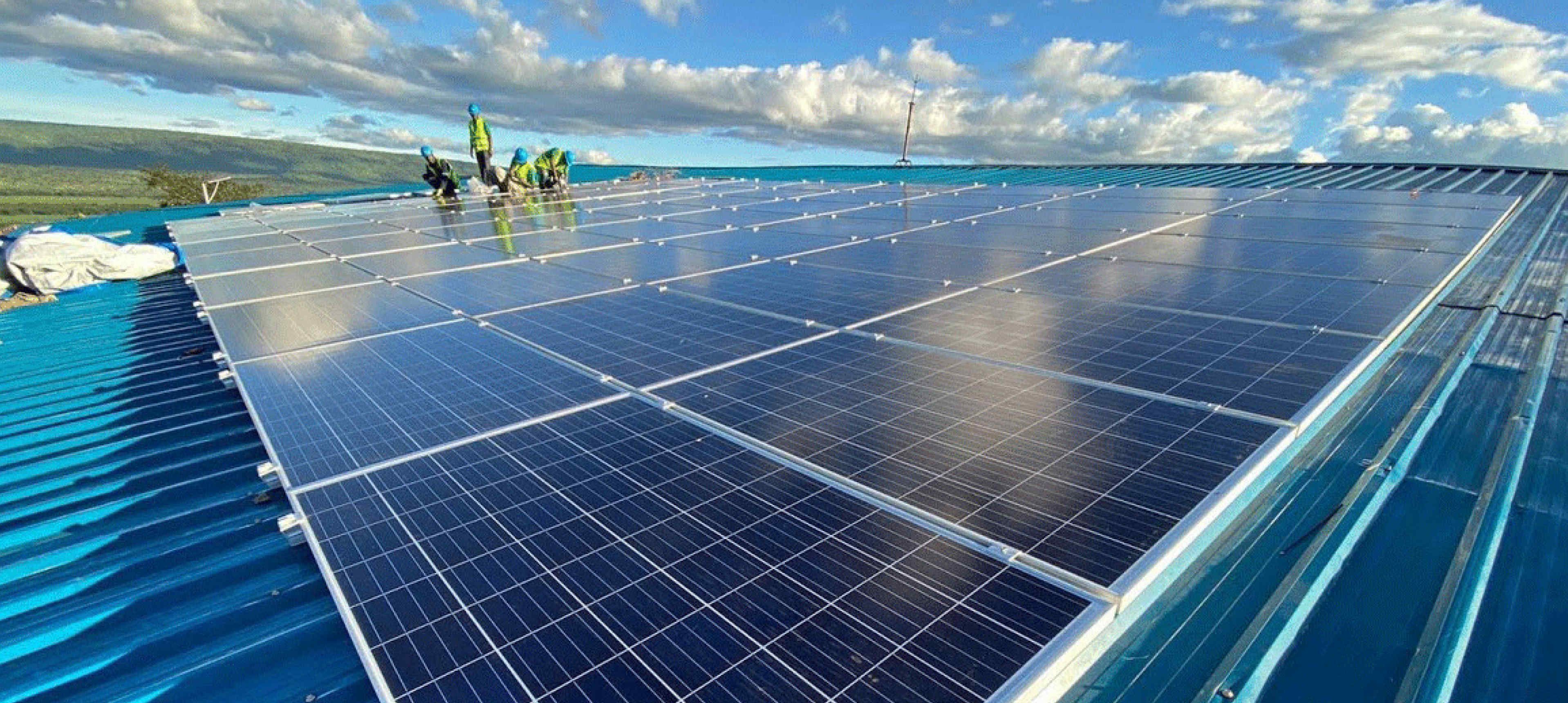
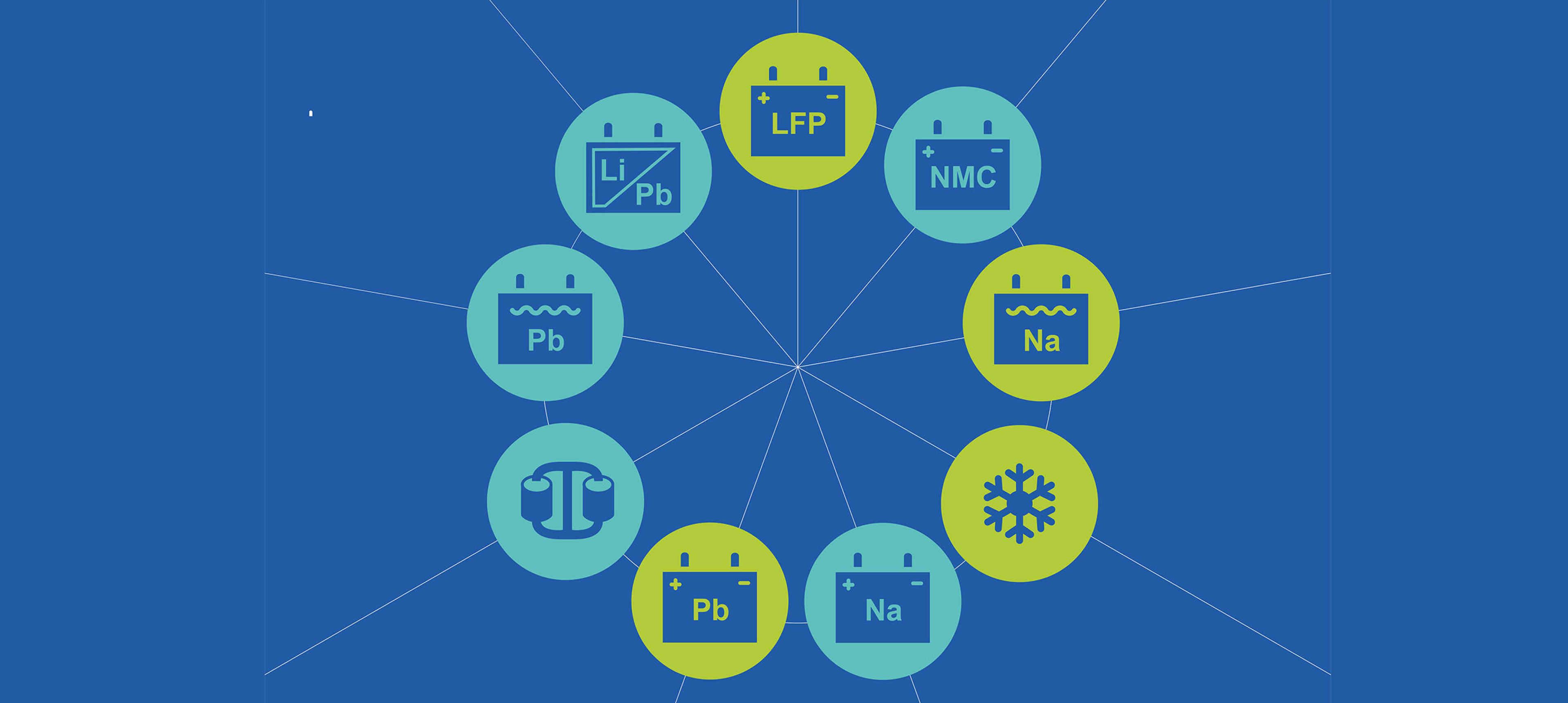
--tojpeg_1548867139153_x4.jpg)
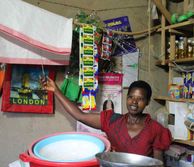
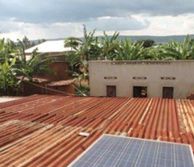

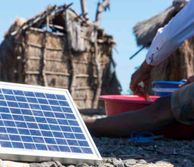
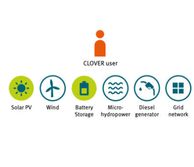
/dev01/channel_2/media/migration/grantham-institute/twitter1--tojpeg_1548853584520_x4.jpg)